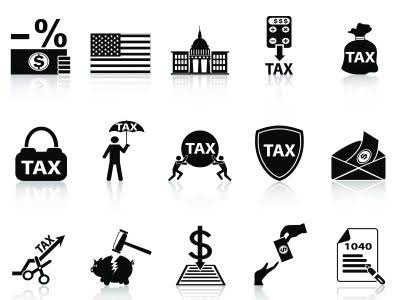
Many companies use subsidiary ledgers, which are most commonly the accounts receivable and Bookstime accounts payable ledgers. The general ledger reconciliation will require that subsidiary account balances match up properly with the general ledger. If discrepancies are found between supporting documents and general ledger account balances, or if balances can’t be substantiated, accountants must investigate.
How does a general ledger differ from a balance sheet?

For example, if you have one person in charge of executing your month-end close process and they are out sick at a key time, then you will miss your deadlines. SolveXia and automation tools take the pain out of reconciliation and month-end close processes. If you locate discrepancies between your general ledger accounts and external documentation, it’s important to investigate the reasoning. When using accounting software, you often post to an account by referencing its account number rather than its account name. If you accidentally post to the wrong account, more than just one account will be off in your reconciliation. These accounts can be further categorized into subledgers to whatever degree your company wants.
Review transactions
- The goal here is to make sure that everything in your GL is accurate and matches the real-world numbers.
- One of the biggest benefits of using software like Xenett is that it cuts down on manual data entry.
- For many accountants, reconciling GL accounts is a painstaking exercise, one that takes hours to identify the transactions keeping dozens or more accounts out of balance.
- Begin by pinpointing the specific accounts that need reconciliation – prioritize accounts with high transaction volumes or those crucial for financial statements.
- It imports data from all sources, including ERPs and other general ledger systems, bank files or statements, and credit card statements.
For instance, if all Verizon transactions were always coded to the “Telephone” account, Xenett will expect future Verizon transactions to be coded the same way. But with tools like Xenett, you can automate a lot of the work, saving you time and reducing the chances of errors. For example, if you see a large expense general ledger reconciliation but can’t find the receipt, you won’t know if it’s recorded properly.
- After resolving any discrepancies, you may need to make adjustments in the GL.
- Sometimes, during reconciliation, you might find that certain documents, like receipts or invoices, are missing.
- Should a record be mismatched or incorrectly noted, the system will alert you to investigate.
- It ensures the reliability of financial documents, supports informed analyses, and underpins credit risk management.
- Without a reconciliation process in place, these small mistakes can compound over time, leading to significant financial misstatements.
- Performing regular reconciliations according to best practices is key to strong financial controls.
Preparation and Collection of Documents
Performing regular general ledger reconciliations is crucial for maintaining the accuracy of financial records. Following best practices around consistency, control accounts, documentation, and automation leads to better integrity across the accounting system. Common reports include trial balances, detailed ledgers, and bank statements.

- For example, you may need to record accrued expenses or write off bad debts.
- CAs, experts and businesses can get GST ready with Clear GST software & certification course.
- For example, if you find that an expense was recorded in the wrong account, you would create a journal entry to move it to the correct one.
- Looking to utilize process optimization tools to minimize waste and maximize efficiency?
- This ensures checks and balances, reduces the risk of errors or fraud, and enhances accountability.
- Regular and thorough reconciliations are essential for effective financial management, supporting informed decision-making, and achieving financial stability.
After understanding the essential steps retained earnings involved in general ledger reconciliation, it’s helpful to see these steps in action. In the following section, we’ll walk through a practical example with snapshots to illustrate each phase of the process. This will provide a visual guide to help you apply these steps to your own reconciliation tasks, ensuring accuracy and efficiency in managing your financial records.


